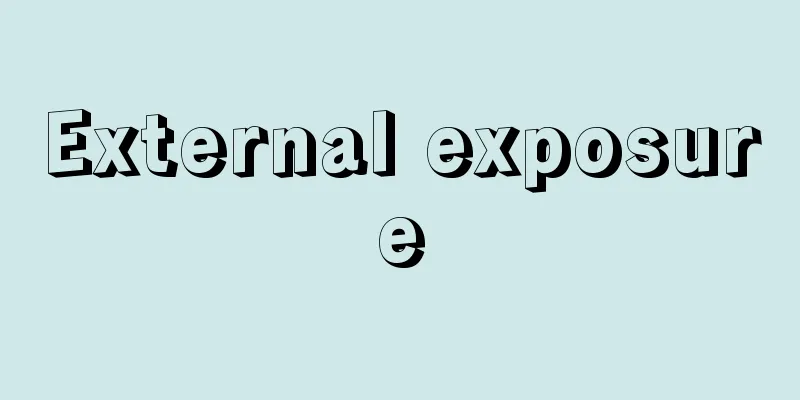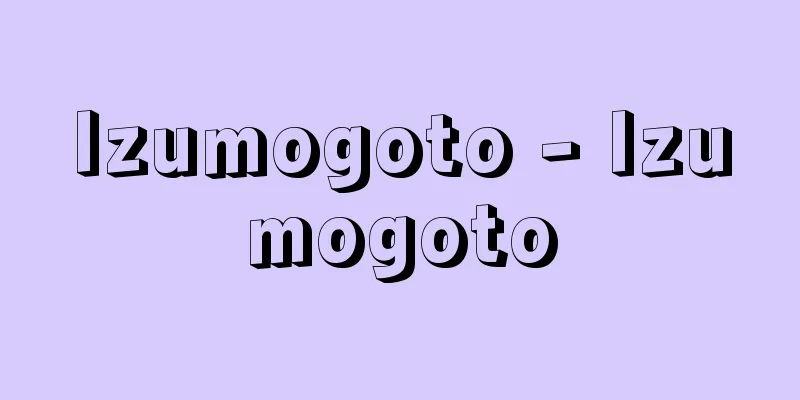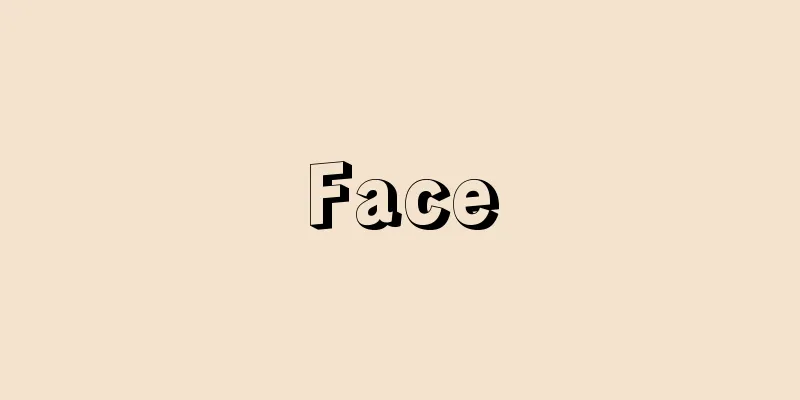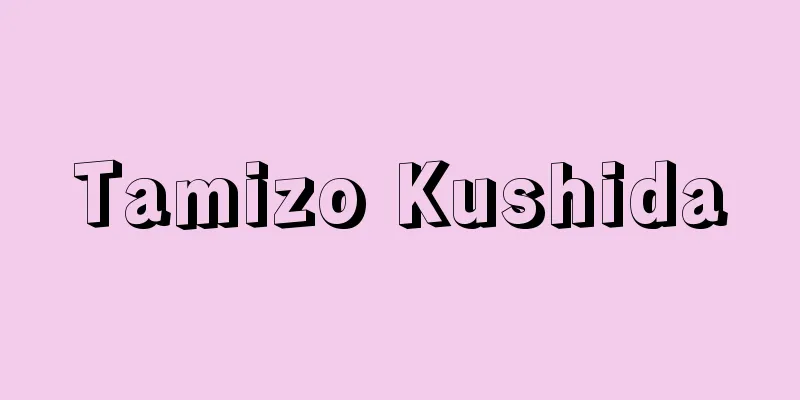External exposure

|
Exposure to radiation from outside the body. Exposure to radiation from radioactive materials is called "radiation exposure," with exposure from outside the body being called "external exposure" and exposure from radioactive materials that have entered the body being called "internal exposure." Radiation from outside the body comes from natural sources such as space and the sun, radon and thoron in the air, and the earth (soil and rocks). The average annual radiation dose in Japan is about 2.1 millisieverts (mSv). Looking at the air dose rate, which measures gamma radiation in the air, it is 0.037 microsieverts (μSv)/hour in Tokyo, 0.11 microsieverts/hour in Fukushima City, 0.117 microsieverts/hour in Seoul, 0.043 microsieverts/hour in Paris, and 0.108 microsieverts/hour in London, reflecting the differences in the earth (environment) in each region. Radiation from human activities can come from building materials in homes, but the highest radiation exposure is generally from medical X-rays (about 0.06 millisieverts per chest X-ray) and CT scans (about 2.4 to 12.9 millisieverts per scan). In addition, if you fly round trip between Tokyo and New York, you will be exposed to approximately 0.11 to 0.16 millisieverts of cosmic radiation. There are three principles to reduce external exposure: (1) stay away from radioactive materials, (2) place shielding between you and the radioactive material, and (3) minimize the time you are exposed to radioactive materials. [Seiji Yasumura February 17, 2020] [Reference item] | |Source: Shogakukan Encyclopedia Nipponica About Encyclopedia Nipponica Information | Legend |
|
身体の外側から被曝すること。 放射性物質からの放射線に曝露することを「放射線被曝」といい、身体の外からの被曝を「外部被曝」、身体の中に入った放射性物質からの被曝を「内部被曝」という。 身体の外からの被曝としては、宇宙や太陽から、また、空気中に存在するラドンやトロンから、さらに、大地(土壌・岩石)などからの放射線など、もともと自然界に存在する放射線(自然放射線)によるものがあり、日本における平均の年間線量は約2.1ミリシーベルト(mSv)である。空気中のγ(ガンマ)線量を測定する空間線量率をみると、東京で0.037マイクロシーベルト(μSv)/時、福島市で0.11マイクロシーベルト/時、ソウルで0.117マイクロシーベルト/時、パリで0.043マイクロシーベルト/時、ロンドンで0.108マイクロシーベルト/時と、その地域ごとの大地(環境)の違いを反映している。また、人の活動に伴う放射線としては、住宅の建材などによるものもあるが、一般に被曝量がもっとも多いのは医療におけるX線撮影(1回の胸部X線撮影で約0.06ミリシーベルト)やCT検査(1回約2.4~12.9ミリシーベルト)があげられる。また、飛行機で東京とニューヨークを往復した場合には、宇宙線により約0.11~0.16ミリシーベルトの被曝をする。 外部被曝を少なくするためには、以下の3原則がある。すなわち、(1)放射性物質から離れる、(2)放射性物質との間に遮蔽(しゃへい)物を置く、(3)放射性物質に被曝する時間を短くする、ということがたいせつである。 [安村誠司 2020年2月17日] [参照項目] | |出典 小学館 日本大百科全書(ニッポニカ)日本大百科全書(ニッポニカ)について 情報 | 凡例 |
<<: External costs - external costs
Recommend
Acute angle
〘 noun 〙① An angle smaller than a right angle. ⇔ O...
Rakusui
China, Shaanxi teacher A river that originates in ...
Chinkinju
Chinese lawyer. His pen name was Hengshan. He was...
Wrestling
A type of combat sport. In Japan, it is known as ...
Gravimetric analysis - Gravimetric analysis
A type of quantitative analysis in which the comp...
Literary man
〘Noun〙① A person who serves in literary matters. ※...
Halberg, F.
...However, when the cycle of an organism is meas...
Harmonic progression
A harmonic sequence is one in which the reciprocal...
Gosekki Dance - Gosechi no Mai
One of the musical and dances used in court cerem...
MRI
(3) MRI a.The device applies radio waves in a stat...
Zinjanthropus - Zinjanthropus (English spelling)
The taxonomic genus name given to the ape-man sku...
Adalardus
...The monastery developed rapidly, and by 800 ha...
Type I allergy
…When two or more antibody molecules react with a...
Reptiles - reptile
A general term for cold-blooded animals that belo...
Organ system
A general term for a series of functional and morp...









